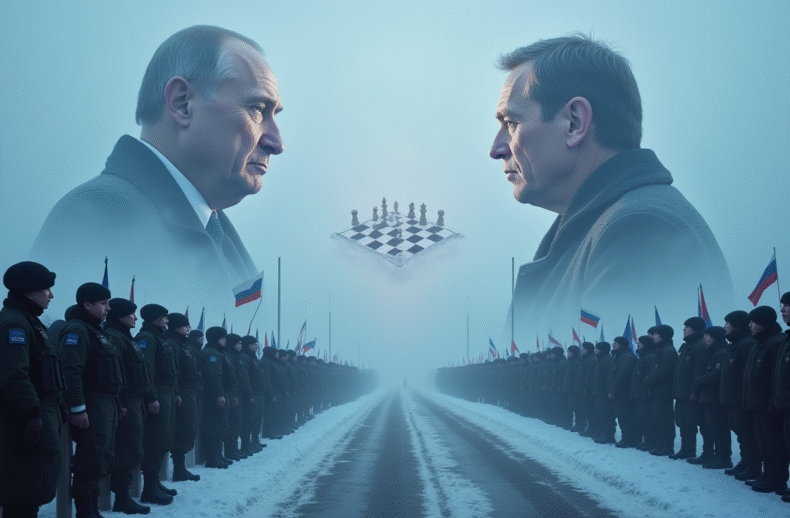China’s ambition to create a new world order is less about ideology than about recognition. From the dynasties of the past to the People’s Republic today, China has sought to transform power into dignity — never again to suffer humiliation. Its military modernization, global trade dominance, and Belt and Road infrastructure are not mere strategies; they are materialized forms of face. Yet this reflex meets America’s own Demand for Recognition, creating a trap where each move for respect is read as an insult by the other. History shows that China fights limited wars for symbolic status, not open conquest. But external triggers — a Taiwanese declaration of independence or a sudden U.S. technological leap — could tip both powers into direct confrontation. The struggle is not only about territory but about dignity itself, and unless recognition is consciously redefined, the world risks drifting into conflict by reflex.











